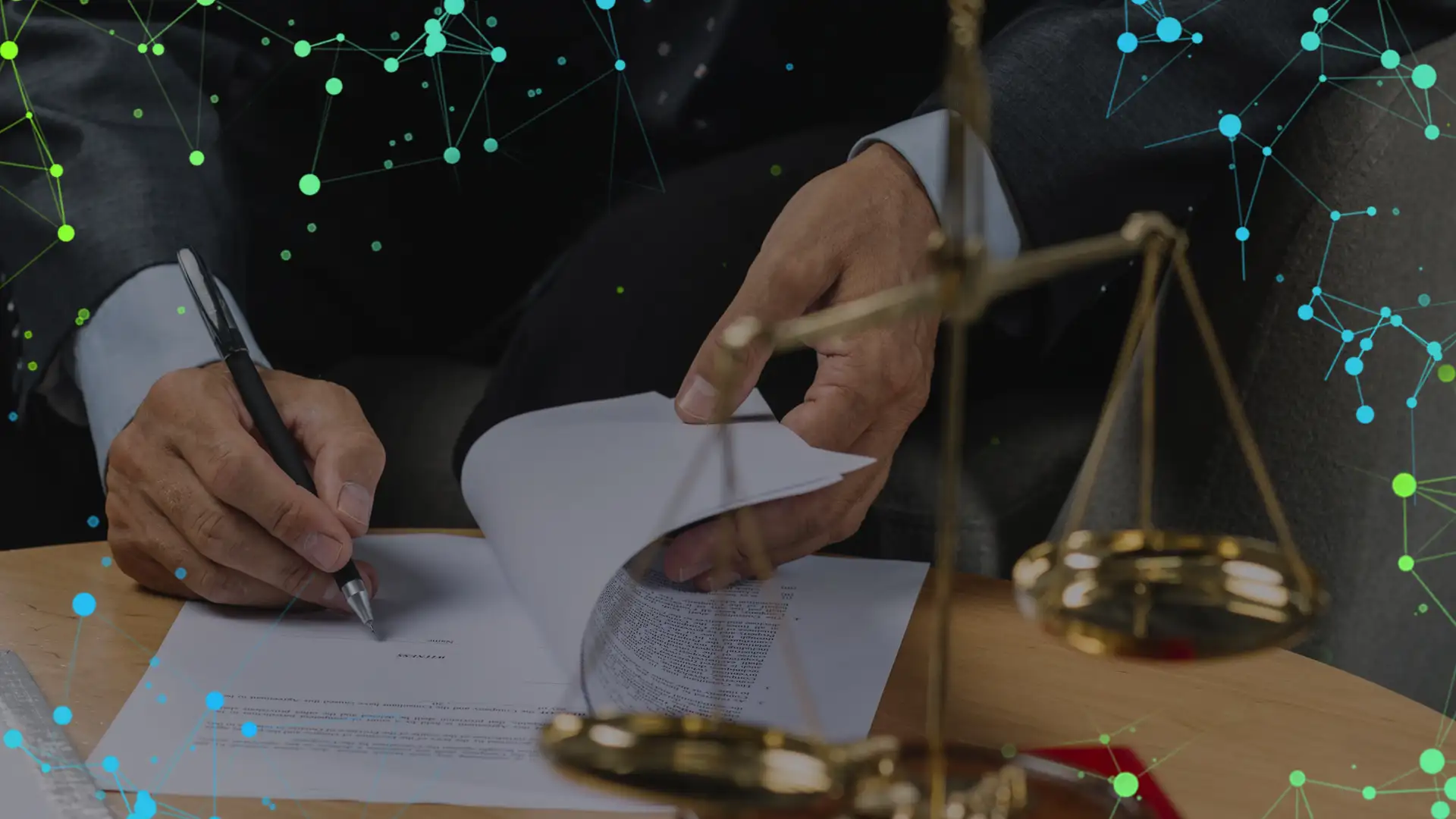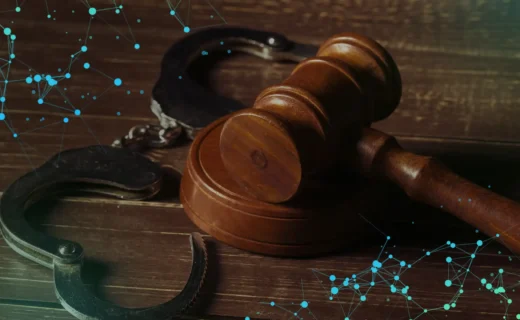Lawyer for Administrative Cases
Administrative cases involve important issues regarding the relationships between citizens, businesses, and government agencies. They can significantly impact the rights and obligations of individuals and organizations, so their resolution is of great importance.
A qualified lawyer in administrative cases plays a critical role in this process. They not only understand the complexity of administrative procedures but also know how to effectively protect the client’s interests. The specialist assists in preparing and submitting documents, engages in legal communication with government agencies, and challenges illegal decisions, actions, and inaction. To ensure the proper handling of administrative cases, it is extremely important to seek the services of an experienced lawyer who helps avoid mistakes that could lead to negative consequences and ensures legal protection for achieving fair results.
Key Services of a Lawyer in Administrative Cases
Determining Strategies Based on the Circumstances of the Case
One of the key services provided by a lawyer in administrative cases is determining strategies based on the circumstances of your case. The specialist conducts a detailed analysis of the situation, evaluates all possible outcomes, and then chooses the most effective approach to achieve a positive result.
The lawyer uses their knowledge and experience to develop a strategy that may include:
- preparing relevant documents;
- planning negotiations;
- challenging decisions.
The importance of involving a lawyer as early as possible cannot be overstated. Immediate action allows one to avoid mistakes that often arise from a lack of knowledge of procedures or misinterpretation of legal norms. Timely legal assistance provides the best chances for successfully resolving administrative disputes and helps effectively protect the client’s rights and interests.
Pre-Trial Dispute Resolution in Administrative Cases
This process involves legal communication with government agencies to peacefully resolve the conflict. A lawyer specializing in pre-trial resolution performs several key functions:
- Conducting negotiations with other parties to the conflict to achieve a compromise that satisfies all parties. This requires a deep understanding of both legal aspects and negotiation psychology.
- Analyzing and preparing agreements. During pre-trial resolution, the lawyer prepares documents that may include settlement agreements. It is important to note that before the start of the court process or pre-trial phase, peace agreements are not made. The agreement reached during pre-trial resolution is a preliminary arrangement that sets the conditions for settlement but does not have the status of a peace agreement made during the court process.
- Assessing risks and benefits. The lawyer helps evaluate the potential risks and benefits of reaching an agreement versus continuing the court proceedings. This allows the client to make informed decisions about the next steps.
Advantages of pre-trial resolution:
- avoids lengthy and often drawn-out court proceedings, significantly reducing the time needed to reach a final decision;
- reduces costs for legal services and court fees, as well as expenses associated with prolonged delays in the case;
- helps avoid additional stress, as court processes are often stressful and emotionally exhausting.
Moreover, reaching a settlement agreement gives the parties more control over the outcome than a court decision, which may be limited in its ability to satisfy all the parties’ demands.
Having an experienced lawyer during the pre-trial resolution stage is critical to achieving an effective and beneficial outcome. A specialist from Dextra Law not only conducts negotiations and drafts agreements but also helps the client understand all possible consequences of the agreement, ensuring their interests are protected and achieving the most optimal result.
Consultations with a Lawyer in Administrative Cases
A lawyer in administrative cases provides all necessary consultations, helping clients understand how to properly react to such situations. They also inform citizens about their rights and obligations in interactions with government agencies, such as tax authorities or regulatory bodies. This allows for better navigation in complex legal matters and ensures effective protection of interests.
Lawyers from Dextra Law offer comprehensive consultations on administrative cases, helping clients understand how to effectively protect their rights. We specialize in cases involving:
- individuals with the Pension Fund regarding the calculation and payment of pensions;
- taxpayers with tax authorities regarding the legality of tax assessments or the suspension of invoice registration;
- challenging decisions of local self-government bodies;
- the legality of decisions by customs authorities during customs clearance;
- challenging decisions or actions of other state regulatory bodies;
- issues related to public service, its procedures, or dismissal from public service;
- disputes related to tender procurement;
- issues related to electoral processes or referendum procedures, among others.
During the consultation stage, specialists clarify the client’s rights and obligations in dealings with government agencies. Consultations precede analytical work, which involves a detailed analysis of the case and developing a defense strategy. The final stage is a solution that clearly formulates the strategy for further actions to effectively resolve the administrative dispute.
Representation in Court
The lawyer assumes the responsibility for protecting the clients’ interests in administrative courts. This includes:
- gathering evidence;
- working with witnesses;
- overseeing the enforcement of court decisions;
- preparing procedural documents;
- supervising expert evaluations.
Additionally, the lawyer handles the drafting and submission of all necessary procedural documents. This may include claims, objections, complaints, and other documents that are important for the case. Proper preparation and submission of such documents help ensure clarity and legal soundness in the case, which is critical for achieving a successful result in the court process.
Specifics of Administrative Cases
The specifics of administrative cases involve several common disputes that can arise in the relationships between citizens, businesses, and government agencies:
- Disputes over decisions, actions, or inaction by government agencies. These arise when decisions or actions by government agencies affect the rights or obligations of individuals or businesses. This may include decisions to deny the issuance of documents, failure to fulfill obligations, or other actions considered illegal or unjust.
- Challenging administrative fines and other sanctions. This refers to cases where individuals or businesses challenge imposed fines or other administrative sanctions, such as property confiscation or suspension of activities. This is an important part of administrative law that helps ensure fairness in the application of penalties.
- Resolving issues related to business registration, licensing, and other administrative procedures.
Features of Court Proceedings
Typically, the standard process for court proceedings in administrative cases follows this pattern:
Procedures and Stages of Court Proceedings in Administrative Cases
Initially, a claim or complaint is submitted to an administrative court. The court then prepares the case, which involves gathering and reviewing documents and determining the hearing date.
Afterward, the case is heard in court, where the parties present their arguments and evidence. Finally, the court issues a ruling, which can be appealed.
Evidence Requirements in the Administrative Process
The parties must provide the court with relevant documents, testimonies, and other materials supporting their position. The administrative process may require expert evaluations and specific types of evidence, such as documents from government agencies confirming the disputed decisions or actions.
In addition to the general procedures and stages of court proceedings in administrative cases, there are other processes in the judicial system that complement or differ from the standard administrative process. Here are some examples:
- Order-based cases. Used for quick and simplified resolution of administrative disputes, especially when there are clear facts and undisputed claims. Order-based proceedings allow the court to make a decision without a full trial. This usually applies to cases where the parties do not dispute the facts and only the legal side needs to be confirmed.
- Separate proceedings. These are specialized proceedings that may be designated for specific categories of administrative cases, such as those concerning the recognition of actions by government authorities as illegal. They have their own procedures and specific requirements that differ from the general administrative process.
- Simplified cases. This applies to cases that are less complex and do not require detailed consideration. This may include cases with clear and unambiguous legal issues that can be resolved without a lengthy process. Simplified proceedings usually involve fewer hearings and a faster decision-making process.
What to Do If You Receive an Unsatisfactory Ruling
If the ruling of the administrative court does not satisfy one of the parties, there is an option to appeal it. Initially, an appeal can be filed with the appellate administrative court. If the appellate court also issues a ruling that does not satisfy the parties, it is possible to file a cassation appeal with the Supreme Court. It is important to act within the established timeframes for filing appeals and to comply with all procedural requirements to ensure the opportunity for a successful challenge to the decision.
Dextra Law offers a range of advantages for clients seeking quality legal assistance in administrative cases. Why choose our firm:
- Professional experience. Our lawyers have extensive experience in resolving administrative disputes and can effectively represent your interests at all stages of the process.
- Individual approach. We develop strategies that are tailored to your needs and the circumstances of the case.
- Comprehensive support. We provide a full range of services, from consultations to court representation, ensuring the effective resolution of your case.
Contact Dextra Law today to receive qualified assistance and support in resolving administrative disputes.




